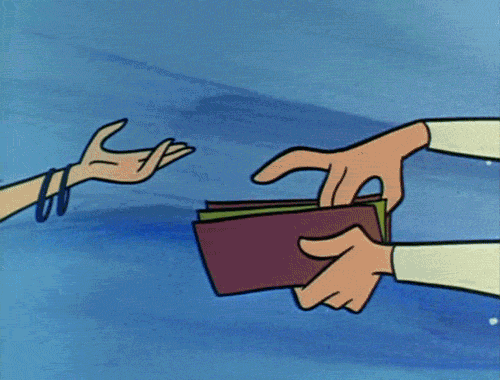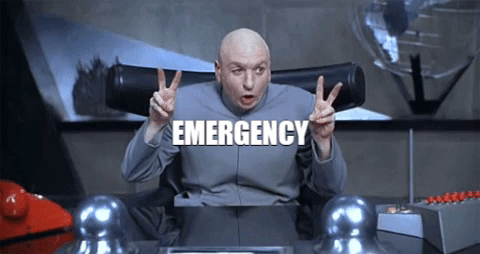
5 Steps To Prepare For Buying Your First House
There are several factors you should take into account.
Buying your first home will be one of your most significant investments. It might also be one of the most nerve-wracking. The process comes with its own set of unique challenges and stressors, not to mention you’re putting yourself in a position where you’ll be responsible for monthly mortgage payments for the foreseeable future. With that said, there are several factors you should take into account before buying your first home. If you answer ‘yes’ to most of these questions, now might be a good time to start looking into the process of buying a house.
Is now the right time for you to buy a home?
You should first make sure buying a home is the right decision for you and your family. You’ll need to consider several factors before deciding if now is the right time. You can also take some steps to prepare yourself and ensure you’re ready to buy a home. For example, you’ll want to ensure you have good credit, a sizable down payment, and a solid grasp of the costs of buying a house. If you can check off the majority of these items, the time might be right for you to start looking into purchasing a home.

Have you saved enough for a down payment?
A down payment is what you’ll put towards the purchase of your home upfront. The amount of money you’ll need for your down payment will depend entirely on your state of residence and the type of mortgage you choose. For most mortgage types, you’ll need to have saved at least a 5% down payment. You might not need to make a down payment if you’re buying a home with a government-backed mortgage like a VA loan. In any case, the more money you can put towards your down payment, the lower your monthly payments will be and the less you’ll pay overall in interest. As such, saving up for the amount you’ll need for your down payment as soon as possible is essential. You also need to factor into additional expenses such as real estate Lawyers, home surveys, moving costs, closing fees, and more of your deposit.
Are you earning enough to sustain your monthly costs?
It’s essential to understand the monthly costs associated with buying a home. The good news is that these numbers can be adjusted depending on your situation. Most importantly, though, you want to make sure you’re earning enough to cover the minimum amount of your monthly payments. You’ll have to make sure you have enough left over to cover your other monthly costs as well. This includes utilities, car payments, etc. You also want to ensure you have an emergency fund in place – ideally, one that has at least 3 to 6 months’ worth of expenses.

Are you aware of your total loan obligations?
Before you sign on the dotted line, you’ll want to ensure you understand your total loan obligations. This includes your monthly mortgage payments, interest, taxes, and insurance (ITI) amounts. You can also use an online mortgage calculator to understand your estimated monthly payments better. This will help you determine if you can afford the house you’re looking at. Knowing your total loan obligations will help you better prepare for your future. It will allow you to create a budget to determine how much you’ll need to save each month to stay on top of your payments.
Do you have an emergency fund in place?
Again, this is something every homeowner should have. Having an emergency fund will allow you to respond better to any unanticipated expenses. You never know when you might have to get your AC repaired, or your roof replaced. Having a bit of money saved up to cover these sorts of expenses will allow you to take care of them immediately without putting them on a credit card.

Conclusion
Buying your first house is a huge milestone and one that comes with its own set of unique challenges. Most importantly, you want to ensure you’re ready to buy a home. This is the only way you’ll be able to feel genuinely comfortable with the decision.











